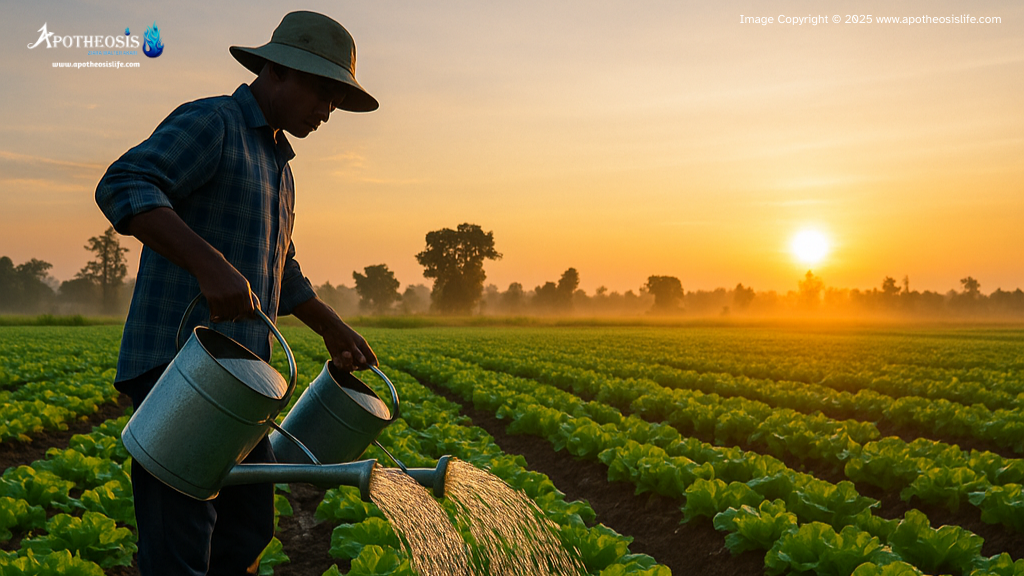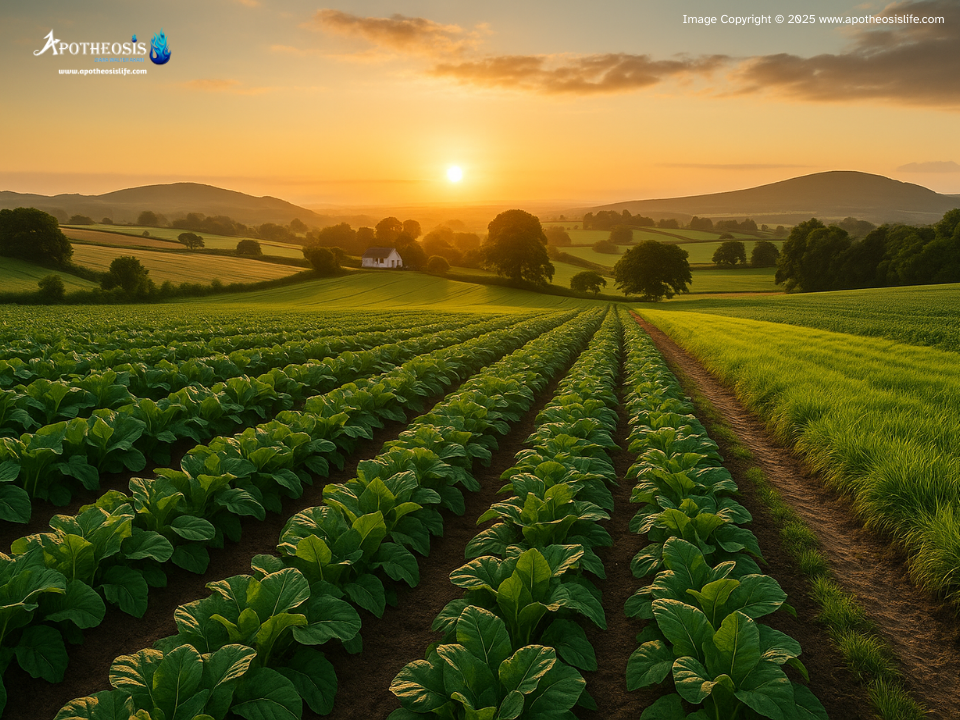As the global population steadily approaches 10 billion by 2050, the challenge of feeding everyone without exhausting the planet’s resources is becoming more urgent. Traditional agricultural practices, while productive, often come at the cost of environmental degradation, biodiversity loss, and resource depletion. In contrast, sustainable agriculture offers a pathway to ensure food security while preserving the health of ecosystems.
What is Sustainable Agriculture?
Sustainable agriculture refers to farming practices that meet current food needs without compromising the ability of future generations to meet theirs. This involves balancing environmental health, economic profitability, and social equity. It emphasizes soil health, water conservation, biodiversity, and reduced chemical inputs, all while ensuring farmers can earn a viable livelihood.
Environmental Benefits
Sustainable agriculture reduces the environmental footprint of food production. Practices such as crop rotation, cover cropping, agroforestry, and organic farming help enhance soil fertility, reduce erosion, and sequester carbon. These methods minimize dependence on synthetic fertilizers and pesticides, decreasing water pollution and greenhouse gas emissions.
Economic and Social Dimensions
Beyond the environment, sustainable agriculture supports rural economies by promoting local food systems and fair trade. It empowers smallholder farmers with knowledge, resources, and access to markets, fostering resilience and community well-being. Economically, sustainable practices often lead to long-term cost savings and stable yields, reducing dependency on external inputs and volatile global markets.

Image Copyright © 2025 www.apotheosislife.com
Technology and Innovation
Modern sustainable agriculture is not about returning to pre-industrial farming methods. It leverages technology and innovation to optimize yields while maintaining ecological balance. Precision agriculture, renewable energy on farms, climate-resilient crops, and data-driven decision-making are all part of a sustainable future in farming.
Challenges and the Path Forward
Despite its promise, sustainable agriculture faces hurdles such as lack of awareness, policy support, and initial costs of transition. However, with growing recognition of the climate crisis, food insecurity, and ecological collapse, governments, businesses, and consumers are increasingly backing sustainable methods.
Feeding the world in the decades ahead will require more than just producing more food. It demands a shift in how we produce it. Sustainable agriculture is not just an option; it is a necessity for nourishing people, protecting the planet, and ensuring a food-secure future for all.
Details of the Featured Image
Lush fields with solar panels and wind turbines represent the harmony between agriculture and renewable energy.
Image Copyright © 2025 www.apotheosislife.com
Author
Ziara Walter Akari
© 2025 www.apotheosislife.com
